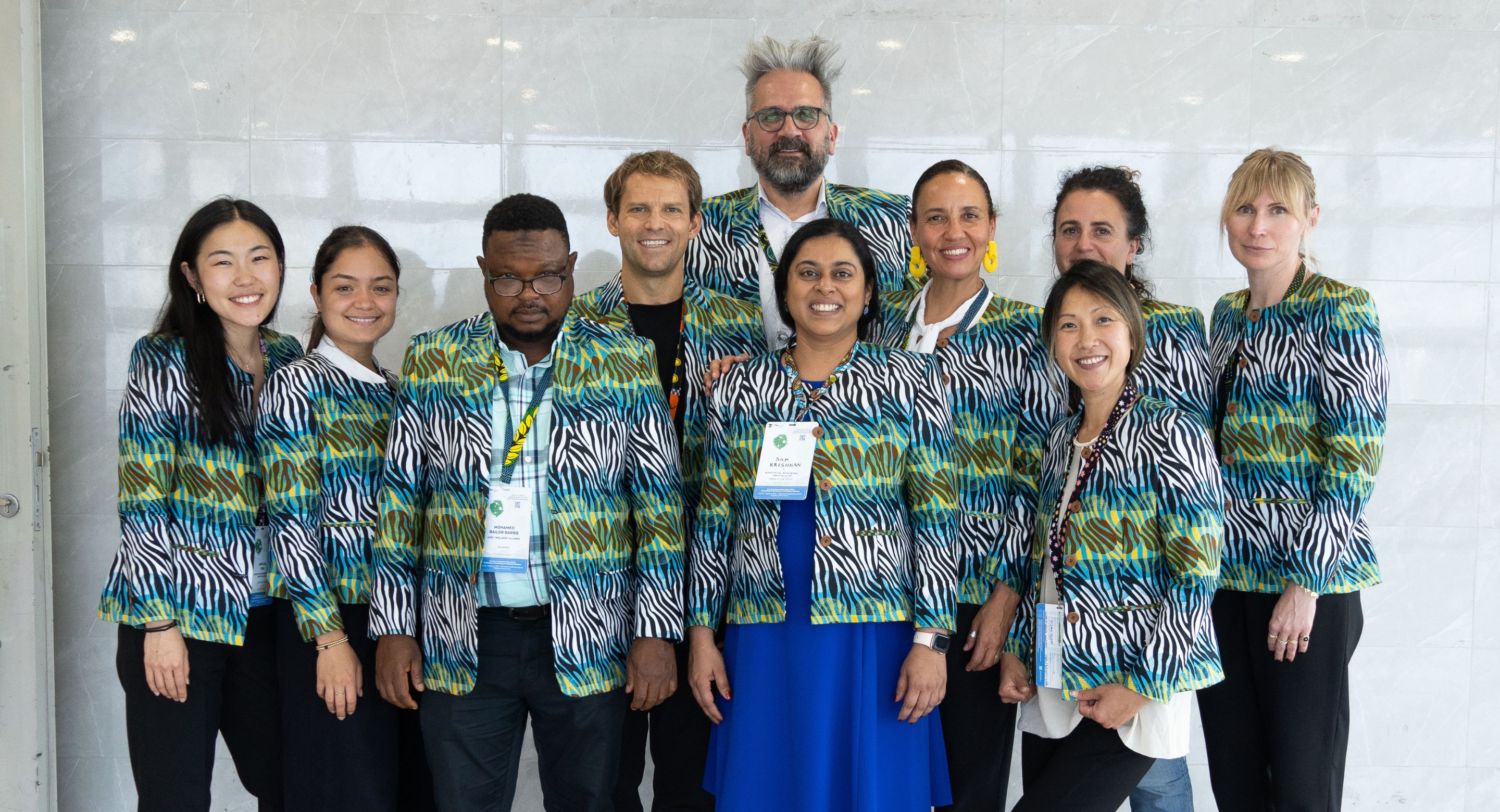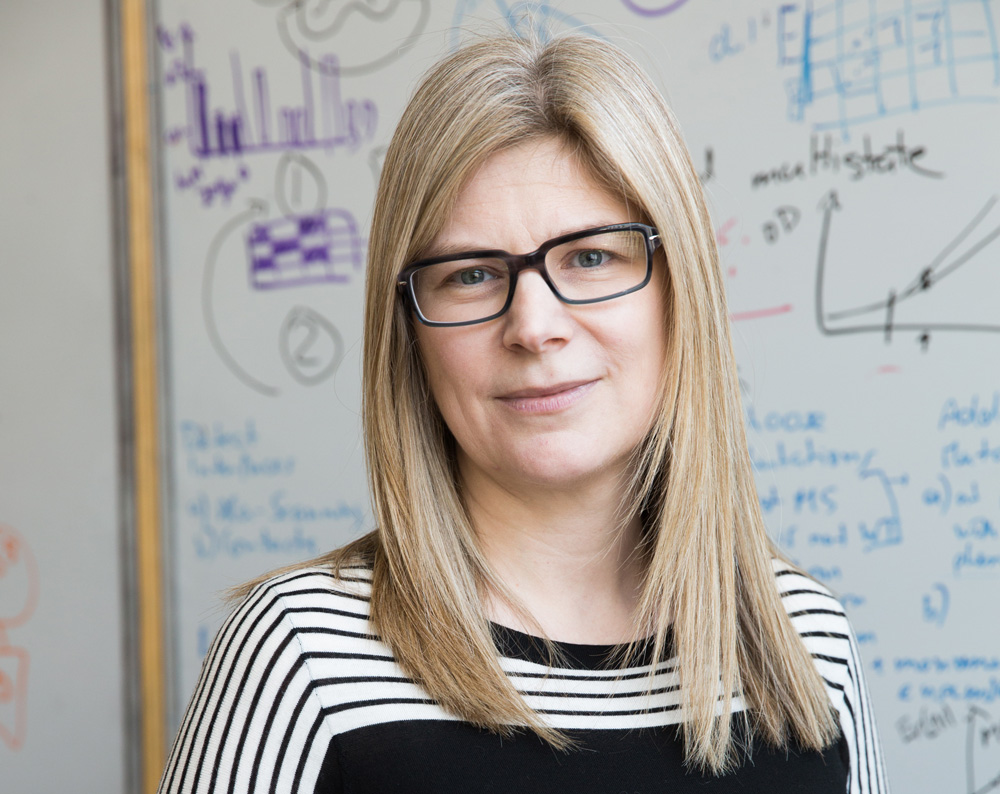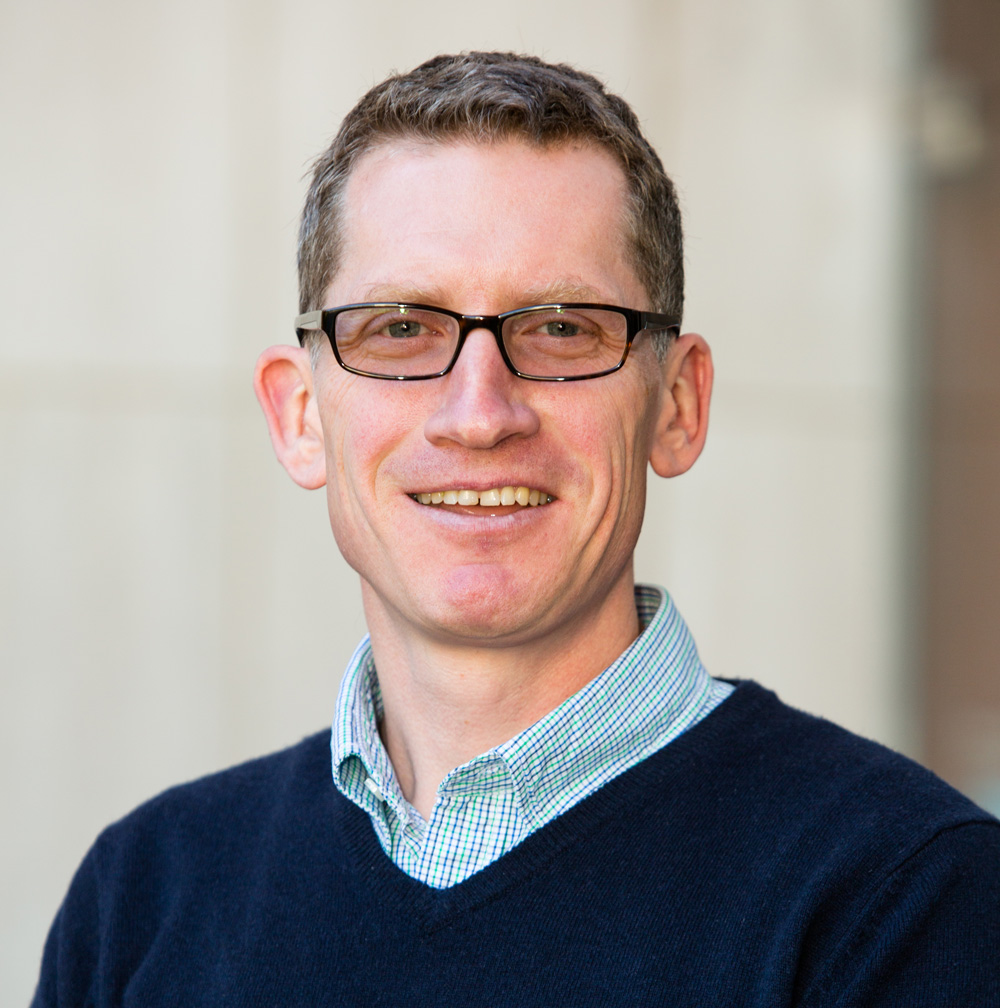Research
Our scientists reveal the basic biochemical mechanisms of health and disease and explore molecular targets for new drugs. They both develop and share the leading technologies that enable their science. They drive the development of new medicines, medical devices, and diagnostic tests. And they investigate methodologies toward the safest, individualized, and most effective use of affordable, accessible medications for all patients.
Regardless of where their work falls along this spectrum, precise therapeutics is their common goal.
Actively funded research activities
660
Our scientists are driven by curiosity to understand the underpinnings of biology and pioneer ways to apply research discoveries to real-world treatments.
In NIH research funding
#1
For 45 consecutive years, our school has led the nation in competitive funding that drives research discoveries.
Scientific publications in 2024
513
Our faculty and scholars lead research that expands knowledge of human biology.
Major Scientific Breakthroughs
- Discovery of a new way to treat coronavirus by blocking a part of the virus that can hide from the body’s immune system
- Invention of a new means of attacking cancer-causing “oncogenes,”leading to therapies that can shrink tumors
- New drugs that block caspases — enzymes essential to cell death — to treat chronic inflammatory diseases
- Foundational methods for protein design, licensed by over 200 companies to uncover new therapeutics
- Painkillers designed using non-addictive molecules, promising relief without the addictive risk of opioids
- New therapy that corrects abnormalities in a patient’s gene expression to prevent and treat diseases
Department of Bioengineering and Therapeutic Sciences
Ranges from the foundational to the translational, from discoveries about the structures and functions of molecules and sub-cellular structures underlying health and disease to the development of microdevices and modified cells to precisely deliver drugs or even provide implantable bioartificial replacement organs. Read our research overview.
-
Therapeutic Bioengineering
Department scientists engineer solutions to a broad range of major biomedical challenges.
-
Pharmacogenomics and Genomics
The human genome is a sequence of about 3 billion nucleotide base pairs that comprise a person’s DNA, the body’s design and operating instructions.
-
Computational Biology and Systems Pharmacology
Department scientists apply computational algorithms and bioinformatics to discover and analyze new targets and new sources for drug therapies, as well as to precisely engineer molecular interventions in biological systems.
-
Drug Development and Regulatory Sciences
Drug development must account for not just how a therapeutic molecule will effect its disease target, but how the body will handle the drug, that is, how it will absorb, distribute, metabolize, and excrete it (i.e., drug disposition).
Department of Clinical Pharmacy
Focuses on the precise, personalized relationship between patients and their medications. It also examines broader relationships between patients and the health care and public policy environments that influence factors such as medication cost and access, health disparities, and pharmacy practice models. Read our research overview.
-
Clinical Research
Our clinical research seeks to determine the safest, most effective use of medications for a given patient or population and disease state, while accounting for age, gender, ethnicity, health status, and genetics.
-
Education Research
Conducts research to determine, develop, and implement the most effective means of teaching how to deliver pharmacy care.
-
Health Services and Policy Research
Bridging gaps in patient care, especially for the underserved, is a shared aim of the department. Research analyzes the extent of disparities in pharmaceutical care associated with differences in cultural and socioeconomic status, gender, and disease status.
Department of Pharmaceutical Chemistry
Focusing on understanding fundamental biochemical mechanisms underlying health and disease, which are key to developing new and more effective diagnostics and medications. Read our research overview.
-
Chemical Biology and Medicinal Chemistry
Chemical biologists work at the interface of chemistry and biology to create and apply chemical tools and approaches to answer key questions about biological functions.
-
Computational Chemistry and Biology
Computational chemists develop and apply computer programs to answer key questions in biochemistry. They model, predict, visualize, and analyze the structures, functions, and interactions of biologically important molecules.
-
Physical Biology
Physical biologists develop, improve, and apply techniques for determining the constantly changing chemical structures, shapes, locations, interactions, and quantities of molecules involved in vital biological processes.
-
Protein and Cellular Engineering
Protein engineers alter, design, and synthesize protein molecules for new and specialized uses, both to explore biology and to exploit new therapeutic opportunities.
Research services and facilities
-
Biomedical Micro and Nanotechnology Core (BMNC)
Envisioned as a nexus point of innovation at the micro- and nanoscale that embodies the mission statement and efforts of QBI, UCSF Schools of Pharmacy and Medicine, and the Department of Bioengineering & Therapeutic Sciences. Co-directors: Tejal Desai, PhD, and Shuvo Roy, PhD.
-
Drug Research Unit (DRU)
Research laboratory of Amelia Deitchman PharmD, PhD; Liusheng Huang, PhD; and Fran Aweeka, PharmD. A Bioanalytical and Clinical Pharmacology Facility. -
Nuclear Magnetic Resonance Facility (NMR)
Our state-of-the-art nuclear magnetic resonance (NMR) facilities enable researchers to study molecular structures, interactions with binding partners, and dynamics of small organic molecules and biomacromolecules (proteins, nucleic acids, and carbohydrates), providing groundbreaking insights into the biological processes that underpin health and disease. Director: John Gross, PhD, Associate Director: Mark Kelly, PhD.
-
Resource for Biocomputing, Visualization, and Informatics (RBVI)
Established in 1970, RBVI and its precursor, the Computer Graphics Laboratory (CGL), develops cutting-edge interactive software tools and advanced web-based computational resources that provide integrated visualizations and analyses of molecular structures and related non-structural biological information. Director: Thomas Ferrin, PhD, Executive Director: John “Scooter” Morris, PhD.
-
Small Molecule Discovery Center (SMDC)
SMDC collaborates with academics, government labs, and pharmaceutical companies to develop unique chemical probes and drug leads that address unmet medical needs. Executive Director: Michelle Arkin, PhD; Director: Charles Hart, PhD; Associate Director, Chemistry: Jeff Neitz, PhD.
Research programs and collaborations
-
The Kidney Project
A national research project with a goal to create a small, surgically implanted, and free-standing bioartificial kidney to treat kidney failure. Co-directors: Shuvo Roy, PhD, and William Fissell, MD.
-
Quantitative Biosciences Institute (QBI)
Fosters collaborations across the biomedical and the physical sciences, seeking quantitative methods to address pressing problems in biology and biomedicine. Director: Nevan Krogan, PhD.
-
UCSF-Stanford Center of Excellence in Regulatory Science and Innovation (CERSI)
Working together to improve the development and approval of effective medical products. A collaboration between UCSF, Stanford, and the FDA. Co-directors: Kathy Giacomini, PhD, and Russ Altman, MD, PhD.
-
Clinical & Translational Science Institute (CTSI)
Facilitates clinical and translational research to improve patient and community health. We do this by providing infrastructure, services, and training to enable research to be conducted more efficiently and effectively, and in new ways.
-
California Poison Control System
California’s fast, free, and confidential telehealth provider for poison information, advice, and treatment recommendations. Executive Director: Thomas Kearney, PharmD.
-
Center for Translational and Policy Research on Precision Medicine (TRANSPERS)
Through stunning advances in genomic research, it is now possible to tailor healthcare to patients based on their unique genetic make-up. Precision medicine holds extraordinary potential to improve health and healthcare. Director: Kathryn Phillips, PhD.
-
Program for Outcomes, Pharmaceutical Economics, and Policy Studies (PrOPEPS)
Aims to meet the needs of patients, caregivers, health care systems, and industry to determine the best use of pharmaceutical care resources in the management of disease in the current health care environment of scarce resources. Director: Leslie Wilson, PhD.
-
UCSF Medication Outcomes Center (MOC)
Established in 2007, the MOC is a leader in providing research and services that center around assessing the value of medications and medication-related health care interventions. Director: Rosa Rodriguez-Monguio, PhD, MS.
-
Nuclear Magnetic Resonance Laboratory (NMR Lab)*
Our state-of-the-art nuclear magnetic resonance (NMR) facilities enable researchers to study molecular structures, interactions with binding partners, and dynamics of small organic molecules and biomacromolecules (proteins, nucleic acids, and carbohydrates), providing groundbreaking insights into the biological processes that underpin health and disease. Director: John Gross, PhD, Associate Director: Mark Kelly, PhD.
-
Pediatric Device Consortium
Aids in developing devices that are created specifically for the benefit of children, rather than scaled-down versions of adult medical devices. Director: Michael Harrison, MD, Principal Investigator: Shuvo Roy, PhD.
-
Resource for Biocomputing, Visualization, and Informatics (RBVI)*
Established in 1970, RBVI and its precursor, the Computer Graphics Laboratory (CGL), develops cutting-edge interactive software tools and advanced web-based computational resources that provide integrated visualizations and analyses of molecular structures and related non-structural biological information. Director: Thomas Ferrin, PhD, Executive Director: John “Scooter” Morris, PhD.
-
Small Molecule Discovery Center (SMDC)*
SMDC collaborates with academics, government labs, and pharmaceutical companies to develop unique chemical probes and drug leads that address unmet medical needs. Director: James Wells, PhD, Associate Director, Biology: Michelle Arkin, PhD, Associate Director, Chemistry: Adam Renslo, PhD.
*The technologies within each of these core facilities are advanced and improved by department faculty members and used by faculty members at UCSF and beyond to conduct their science.
Funding
The School of Pharmacy has been the recipient of more National Institutes of Health research funding than any other pharmacy school in the United States, every year since 1979.
Entrepreneurship
Founding companies is one way our researchers turn basic science discoveries into new therapies for patients. Entrepreneurship is encouraged and supported throughout the University of California and is an integral part of its technological, economic, and social benefits.



